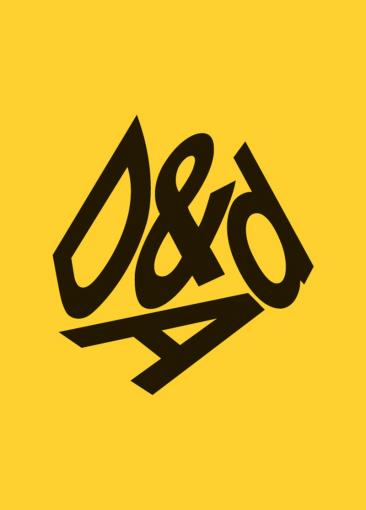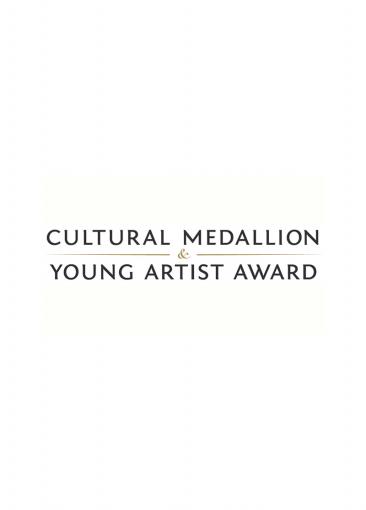This article asserts that there are current trends in the practice and training of art therapy that are influenced and inspired by technologies, space, and art. Culture enriches these intertwined constructs demanding that practice and training are duly informed, especially within the contexts in which these are applied. The article is consolidated through a practitioner-based reflective account of the author’s experience of leading a weeklong overseas trip with postgraduate art therapy students from Singapore to Bali, Indonesia.
Featuring 50 personal artwork collections by 50 local artists, this catalogue by Comma Space 逗号空间 accompanies the exhibition ‘Artist as Collector,’ which explores the relationships between the artists and their peers in Singapore. Through archiving the personal stories of how an artwork has been acquired by a fellow artist, the book offers a unique view of art about life.
Actor Training in Anglophone Countries offers a firsthand account of the most significant acting programs in English-speaking countries throughout the world. The culmination of archival research and fieldwork spanning six years, it is the only work of its kind that studies the history of actor training from an international perspective. It presents the current moment as crucial for student actors and those that teach them. As the profession continues to change, new and progressive approaches to training have become as urgent as they are necessary.
Citation:
Lay, Ronald P.M.H. ''Beads, bees, glitter and perversion: Forensic art therapy with older adults.'' Arts therapies and sexual offending, edited by Simon Hastilow, and Marian Liebmann, London, Jessica Kingsley, 2021, pp. 179-194, ISBN / ISSN: 978-1787750647.
This book shows how art therapists can use found objects in their work with clients. Found objects can be a highly affordable, imaginative and creative way of working, and are particularly effective when working with marginalised populations and clients who have experienced trauma. This edited collection contains chapters from a wide variety of contributors from around the world and covers a vast array of topics, including the use of found objects in clinical settings, community and art practice, pedagogy and self-care.
Citation:
Wong, Daniel, and Ronald Lay. ''Found Objects in Art Therapy Pedagogy: Significant Trajectories of Our Practice.'' Found Objects in Art Therapy: Materials and Process, edited by Daniel Wong, and Ronald Lay, London, Jessica Kingsley Publishers, 2021, pp. 231-249, ISBN / ISSN: 9781785926914.
Citation:
Lay, Ronald. ''Tension: Balancing Self-Care with Professional Practice During and After a Workplace Tragedy.'' Found Objects: Materials and Process, edited by Daniel Wong, and Ronald Lay, London, Jessica Kingsley Publishers, 2021, pp. 165-177, ISBN / ISSN: 9781785926914.
Citation:
Wong, Daniel. ''Materials: Potential and Found Objects.'' Found Objects in Art Therapy: Materials and Process, edited by Daniel Wong, and Ronald Lay, London, Jessica Kingsley Publishers, 2021, pp. 25-38, ISBN / ISSN: 9781785926914.
Confronted by catastrophic circumstances, such as the complexities instigated by COVID-19 and the global pandemic, art therapists naturally interpreted this as an opportunity to effectively evidence their resiliency, innovation, compassion and, indeed, their creativity. This article prioritises the practice and training of art therapy, and explores how the unprecedented circumstances we currently find ourselves in have needed the discipline to evolve in ways that ensures the continuation of the overall integrity, best practices, ethics, and expected standards.
The common perception that Afghanistan is devoid of culture due to the extremely conservative ideology left behind by the Taliban is far from the truth. This trope which I call cultural desertification is part of a larger matrix enmeshed by international relations and postcolonial re-imaginings.


